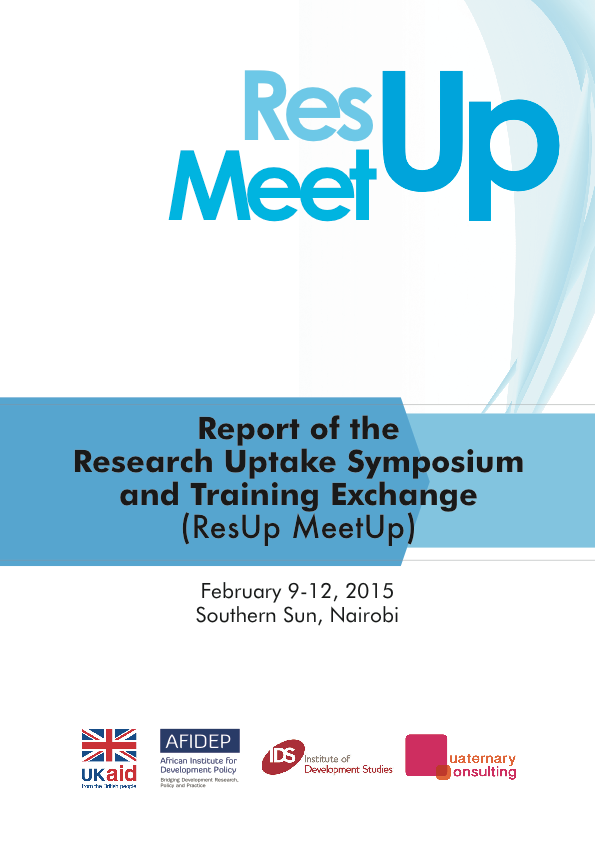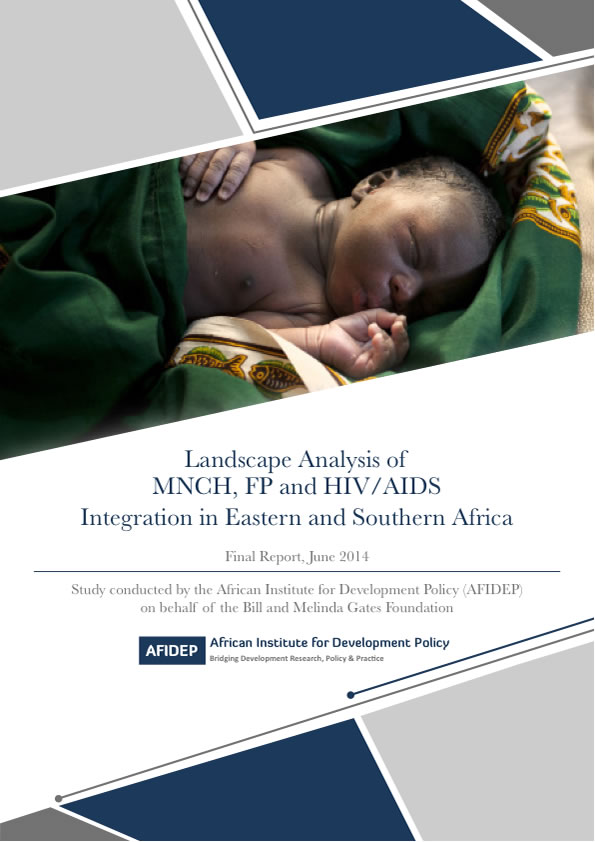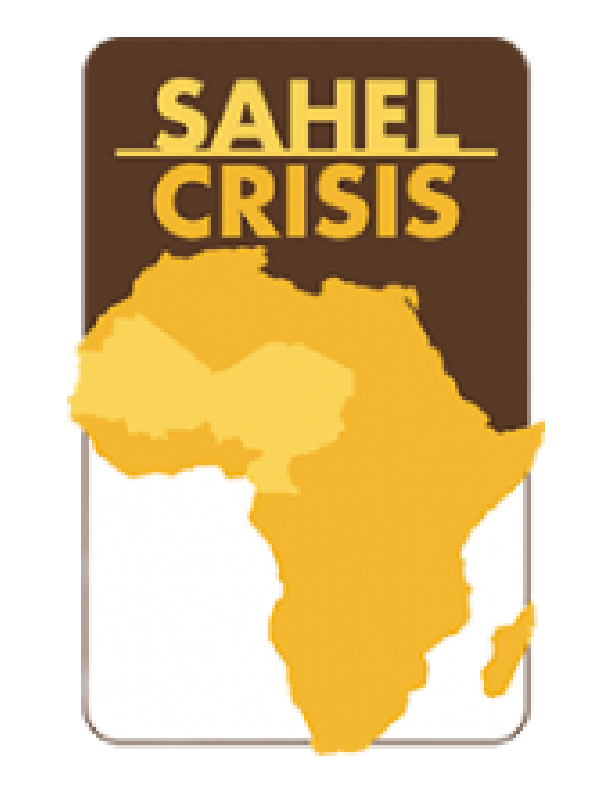Research Reports

This project report derives from a baseline policy analysis study to assess the status of research use in the formulation of policies by the Ministry of Health in Kenya (MoH). The study was conducted as part of the SECURE Health (Strengthening Capacity to Use Research Evidence in Health Policy) programme in Kenya, whose overall objective is to optimise access and use of research evidence in health sector decision-making, planning and programming.

The ResUp MeetUp (Research Uptake)community is designed to help research uptake and communication professionals keep up-to-date with this rapidly evolving field. The African Institute for Development Policy (AFIDEP), the Institute of Development Studies (UK) and Quaternary Consulting convened the first ResUp MeetUp Symposium and Training Exchange in Nairobi, Kenya, from February 9–12, 2015. The overarching goal of the forum was to explore issues surrounding the utilisation of research evidence in decision-making by policymakers, programme implementers and communities, among others (i.e. research uptake).

Zambia’s Demographic Dividend study assessed the economic and human development potential of our country in the short, medium and long-term using a comprehensive approach. It generated relevant policy and programme information to guide a well-blended policy-mix required to propel Zambia towards achieving its Vision 2030 aspiration of becoming a prosperous middle-income country.

About half a century after it was established and many of its member states gained independence, the African Union’s Agenda 2063 set the stage for the continent to transform into an “integrated, prosperous and peaceful Africa, driven by its own citizens and representing a dynamic force in the global arena” in the next 50 years. Agenda 2063 was formulated at a time when the continent is enjoying an economic renaissance characterised by steady economic growth over the past decade or so.

Research uptake in public policymaking processes remains sub-optimal, particularly in sub-Saharan Africa, despite the recognised importance of using research evidence in policymaking. Knowledge on how to improve research uptake to enable evidence-informed policy-making in developing countries remains inadequate.In fact, most of the knowledge in this area is drawn from research in developed countries.

This study was undertaken to understand the current level of capacity of the Malawi Ministry of Health (MoH) and Parliament to use research evidence in decision-making and the factors that influence capacity to use research evidence in decision-making.

The past and current high levels of fertility in the midst of steadily declining child mortality rates have created a youthful population with a high child dependency ratio in Tanzania. The country’s population has grown from 12.3 million in 1967 to 44.9 million in 2012. According to the medium variant UN projection, the population will more than double to 129 million by 2050. The 2006 National Population Policy notes that rapid population growth and the consequent high child dependency burden is a key bottleneck undermining socioeconomic development in Tanzania. The policy notes that the strains caused by rapid population growth […]

Inadequate investments in the maternal, newborn and child health platform in many sub-Saharan African countries means that the platform remains too weak to support integration efforts. It is a fact that majority of expectant women in most sub-Saharan African countries attend antenatal clinics. A good proportion of these women deliver in health facilities. It is also a fact that majority of children under five years receive essential vaccines through the healthcare system in most sub-Saharan African countries. It makes sense therefore that providing HIV/AIDS and FP services as part of the ANC, delivery, and newborn and child health services can […]

Over the past three decades, child mortality has declined steadily while fertility rates have remained high in Uganda. This imbalance has resulted in rapid population growth and a youthful population with a high child-dependency ratio. The population has grown from 9.5 million in 1969 to 35.3 million in 2013, and according to UN projections, will grow to 83 million by 2040. Because high fertility has persisted for a long time, the population of Uganda has inbuilt high momentum to continue growing for at least another century.

The high burden of disease and death relating to HIV/AIDS, unintended pregnancies and poor maternal, newborn and child health (MNCH) remain a major health challenge in Malawi, as is the case in most of sub-Saharan Africa (SSA). This is largely a result of a weak health system resulting in low demand for and utilisation of health care services. Malawi is a country with strong political will and a learning and cooperative culture for working with development partners and adopting proven lessons for improving health services.

The sub-Saharan Africa (SSA) region faces numerous health challenges, including a high burden of disease relating to HIV/AIDS, unintended pregnancies and poor maternal, newborn and child health (MNCH). This is largely a result of weak health systems compounded by a low demand for, and utilisation of, health care services in the region.

A report following the OASIS Conference (Organizing to Advance Solutions in the Sahel) hosted by the University of California, Berkeley and African Institute for Development Policy in Berkeley on September 21, 2012.

